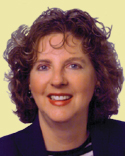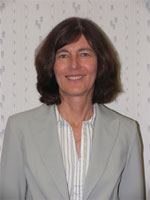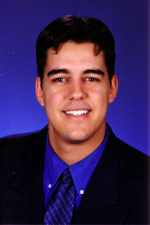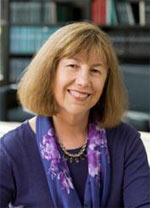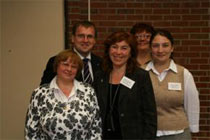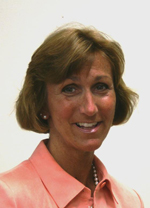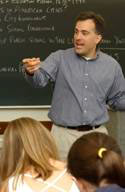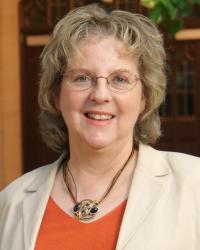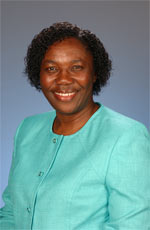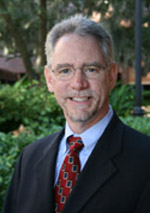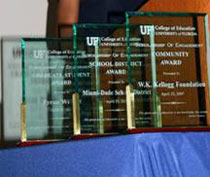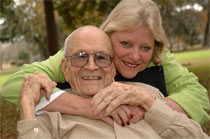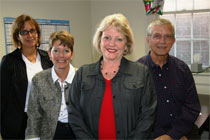https://education.ufl.edu/news/files/2019/07/News-1-300x65.png
0
0
https://education.ufl.edu/news/files/2019/07/News-1-300x65.png
2008-07-10 14:11:332011-10-13 12:20:03Future doctors share too much on Facebook, UF researchers say
https://education.ufl.edu/news/files/2019/07/News-1-300x65.png
0
0
https://education.ufl.edu/news/files/2019/07/News-1-300x65.png
2008-07-09 11:07:492016-05-03 16:14:56Professor invests in the future of teacher education
https://education.ufl.edu/news/files/2019/07/News-1-300x65.png
0
0
https://education.ufl.edu/news/files/2019/07/News-1-300x65.png
2008-07-08 16:46:322011-10-13 12:20:03Kranzler named interim head of COE research program
https://education.ufl.edu/news/files/2019/07/News-1-300x65.png
0
0
https://education.ufl.edu/news/files/2019/07/News-1-300x65.png
2008-07-02 15:40:162011-10-13 12:26:07Margaret Early, emeritus professor and unsung hero of college access, dies at 84
https://education.ufl.edu/news/files/2019/07/News-1-300x65.png
0
0
https://education.ufl.edu/news/files/2019/07/News-1-300x65.png
2008-07-02 10:14:002016-05-10 14:01:04Religious devotion linked to educational outcomes, study finds
https://education.ufl.edu/news/files/2019/07/News-1-300x65.png
0
0
https://education.ufl.edu/news/files/2019/07/News-1-300x65.png
2008-06-18 11:02:122011-10-13 12:26:07Experts in high-poverty schools, special education awarded prestigious Fien Professorships at UF
https://education.ufl.edu/news/files/2019/07/News-1-300x65.png
0
0
https://education.ufl.edu/news/files/2019/07/News-1-300x65.png
2008-06-13 15:48:022011-10-13 12:26:07New web page highlights COE's community outreach
https://education.ufl.edu/news/files/2019/07/News-1-300x65.png
0
0
https://education.ufl.edu/news/files/2019/07/News-1-300x65.png
2008-06-13 12:19:082011-10-13 12:26:07Move over, Mario: kids at UF summer camp creating their own video games
https://education.ufl.edu/news/files/2019/07/News-1-300x65.png
0
0
https://education.ufl.edu/news/files/2019/07/News-1-300x65.png
2008-05-19 16:42:212011-10-13 12:26:07Orchestrating greatness: a tribute to Gloria Jean Merriex
https://education.ufl.edu/news/files/2019/07/News-1-300x65.png
0
0
https://education.ufl.edu/news/files/2019/07/News-1-300x65.png
2008-05-13 08:46:002011-10-13 12:26:07School change expert and former COE professor to speak June 19
https://education.ufl.edu/news/files/2019/07/News-1-300x65.png
0
0
https://education.ufl.edu/news/files/2019/07/News-1-300x65.png
2008-05-13 08:45:202011-10-13 12:26:07School change expert and former COE professor to speak June 19
https://education.ufl.edu/news/files/2019/07/News-1-300x65.png
0
0
https://education.ufl.edu/news/files/2019/07/News-1-300x65.png
2008-05-01 11:30:472011-10-13 12:26:08Penn State Chancellor named UF Distinguished Alumnus
https://education.ufl.edu/news/files/2019/07/News-1-300x65.png
0
0
https://education.ufl.edu/news/files/2019/07/News-1-300x65.png
2008-04-29 16:36:582011-10-13 12:26:08LEARNING & LEADING
https://education.ufl.edu/news/files/2019/07/News-1-300x65.png
0
0
https://education.ufl.edu/news/files/2019/07/News-1-300x65.png
2008-04-29 10:39:352011-10-13 12:26:08Teaching Inquiry and Innovation Showcase
https://education.ufl.edu/news/files/2019/07/News-1-300x65.png
0
0
https://education.ufl.edu/news/files/2019/07/News-1-300x65.png
2008-04-23 16:49:382011-10-13 12:26:08Social form of bullying linked to depression, anxiety in adults
https://education.ufl.edu/news/files/2019/07/News-1-300x65.png
0
0
https://education.ufl.edu/news/files/2019/07/News-1-300x65.png
2008-04-22 14:32:022011-10-13 12:26:08Teachers Teaching Teachers @ 4th annual Teaching Inquiry Showcase
https://education.ufl.edu/news/files/2019/07/News-1-300x65.png
0
0
https://education.ufl.edu/news/files/2019/07/News-1-300x65.png
2008-04-22 11:33:582011-10-13 12:26:08View TV20 News Video: Teacher Inquiry Showcase
https://education.ufl.edu/news/files/2019/07/News-1-300x65.png
0
0
https://education.ufl.edu/news/files/2019/07/News-1-300x65.png
2008-04-16 15:19:292011-10-13 12:26:08What's Good in Education?
https://education.ufl.edu/news/files/2019/07/News-1-300x65.png
0
0
https://education.ufl.edu/news/files/2019/07/News-1-300x65.png
2008-04-15 09:19:332016-05-04 13:06:34coE-News: April 15, 2008, VOL 3 ISSUE 7
https://education.ufl.edu/news/files/2019/07/News-1-300x65.png
0
0
https://education.ufl.edu/news/files/2019/07/News-1-300x65.png
2008-04-14 16:00:342016-05-03 16:14:142008 Writing Contest for COE Students and Faculty
https://education.ufl.edu/news/files/2019/07/News-1-300x65.png
0
0
https://education.ufl.edu/news/files/2019/07/News-1-300x65.png
2008-04-14 13:14:082011-10-13 12:26:08"Go-to," coworkers win COE Staff Member of the Year Awards
https://education.ufl.edu/news/files/2019/07/News-1-300x65.png
0
0
https://education.ufl.edu/news/files/2019/07/News-1-300x65.png
2008-04-14 10:12:302011-10-13 12:26:08Banquet to honor educators for public-minded scholarship
https://education.ufl.edu/news/files/2019/07/News-1-300x65.png
0
0
https://education.ufl.edu/news/files/2019/07/News-1-300x65.png
2008-04-14 09:09:422011-10-13 12:26:08Homeless work earns counselor education student a Multicultural Counseling Award
https://education.ufl.edu/news/files/2019/07/News-1-300x65.png
0
0
https://education.ufl.edu/news/files/2019/07/News-1-300x65.png
2008-04-11 12:58:282011-10-13 12:26:09Ferdig to edit new journal on video games and learning
https://education.ufl.edu/news/files/2019/07/News-1-300x65.png
0
0
https://education.ufl.edu/news/files/2019/07/News-1-300x65.png
2008-04-11 12:53:412016-05-10 13:35:36To improve rankings, college must address research funding
https://education.ufl.edu/news/files/2019/07/News-1-300x65.png
0
0
https://education.ufl.edu/news/files/2019/07/News-1-300x65.png
2008-04-11 12:51:452011-10-13 12:26:09COE professors write book on 'top 10' of professional development communities
https://education.ufl.edu/news/files/2019/07/News-1-300x65.png
0
0
https://education.ufl.edu/news/files/2019/07/News-1-300x65.png
2008-04-11 12:48:252011-10-13 12:26:09Clark named 2008 Graduate Teacher of the Year
https://education.ufl.edu/news/files/2019/07/News-1-300x65.png
0
0
https://education.ufl.edu/news/files/2019/07/News-1-300x65.png
2008-03-31 12:08:252011-10-13 12:26:09Rising star in virtual schooling and educational video games is college's new UF Research Foundation Professor
https://education.ufl.edu/news/files/2019/07/News-1-300x65.png
0
0
https://education.ufl.edu/news/files/2019/07/News-1-300x65.png
2008-03-14 13:03:222016-05-04 13:07:54coE-News: March 17, 2008, VOL 3 ISSUE 6
https://education.ufl.edu/news/files/2019/07/News-1-300x65.png
0
0
https://education.ufl.edu/news/files/2019/07/News-1-300x65.png
2008-03-14 10:51:092011-10-13 12:26:09Bondy named new director of School of Teaching and Learning
https://education.ufl.edu/news/files/2019/07/News-1-300x65.png
0
0
https://education.ufl.edu/news/files/2019/07/News-1-300x65.png
2008-03-12 09:26:352016-05-06 14:08:45Working together to champion early childhood readiness
https://education.ufl.edu/news/files/2019/07/News-1-300x65.png
0
0
https://education.ufl.edu/news/files/2019/07/News-1-300x65.png
2008-03-10 16:17:252011-10-13 12:26:09Top bereavement expert to lead UF workshop on family recovery, resilience after loss
https://education.ufl.edu/news/files/2019/07/News-1-300x65.png
0
0
https://education.ufl.edu/news/files/2019/07/News-1-300x65.png
2008-03-02 10:36:572011-10-13 12:26:09UF joins $5.9 million effort to prepare science and mathematics teachers for today's classroom
https://education.ufl.edu/news/files/2019/07/News-1-300x65.png
0
0
https://education.ufl.edu/news/files/2019/07/News-1-300x65.png
2008-02-15 09:34:042016-05-03 15:08:15coE-News: February 15, 2008, VOL 3 ISSUE 5
https://education.ufl.edu/news/files/2019/07/News-1-300x65.png
0
0
https://education.ufl.edu/news/files/2019/07/News-1-300x65.png
2008-02-14 14:17:092011-10-13 12:26:09Experiential Learning Complex: Animated Fly-through
https://education.ufl.edu/news/files/2019/07/News-1-300x65.png
0
0
https://education.ufl.edu/news/files/2019/07/News-1-300x65.png
2008-02-14 12:29:062011-10-13 12:26:10Going green for a young century
https://education.ufl.edu/news/files/2019/07/News-1-300x65.png
0
0
https://education.ufl.edu/news/files/2019/07/News-1-300x65.png
2008-02-14 12:04:162011-10-13 12:26:10UF education dean heads national group promoting higher-ed access for minorities
https://education.ufl.edu/news/files/2019/07/News-1-300x65.png
0
0
https://education.ufl.edu/news/files/2019/07/News-1-300x65.png
2008-02-14 11:57:162011-10-13 12:26:10Demo: This is the Demo Title
https://education.ufl.edu/news/files/2019/07/News-1-300x65.png
0
0
https://education.ufl.edu/news/files/2019/07/News-1-300x65.png
2008-02-14 11:50:332011-10-13 12:26:10UF Alliance hosts conference for novice teachers
https://education.ufl.edu/news/files/2019/07/News-1-300x65.png
0
0
https://education.ufl.edu/news/files/2019/07/News-1-300x65.png
2008-02-13 11:29:112011-10-13 12:26:10PKY teacher/COE professor collaboration inspires new model for elementary science teacher preparation
https://education.ufl.edu/news/files/2019/07/News-1-300x65.png
0
0
https://education.ufl.edu/news/files/2019/07/News-1-300x65.png
2008-02-13 11:27:342011-10-13 12:26:10Terzian named UF University Teacher of the Year
https://education.ufl.edu/news/files/2019/07/News-1-300x65.png
0
0
https://education.ufl.edu/news/files/2019/07/News-1-300x65.png
2008-02-13 09:24:012011-10-13 12:26:10Open house, career night to showcase career paths blazed by education degrees
https://education.ufl.edu/news/files/2019/07/News-1-300x65.png
0
0
https://education.ufl.edu/news/files/2019/07/News-1-300x65.png
2008-02-07 12:38:472011-10-13 12:26:10Professor heads effort to bring civics back to middle schools
https://education.ufl.edu/news/files/2019/07/News-1-300x65.png
0
0
https://education.ufl.edu/news/files/2019/07/News-1-300x65.png
2008-01-29 08:16:112011-10-13 12:26:10Rick Ferdig: Power-Ups for Education
https://education.ufl.edu/news/files/2019/07/News-1-300x65.png
0
0
https://education.ufl.edu/news/files/2019/07/News-1-300x65.png
2008-01-29 08:15:112011-10-13 12:26:10Luis Ponjuan: Finding solutions for a diverse faculty
https://education.ufl.edu/news/files/2019/07/News-1-300x65.png
0
0
https://education.ufl.edu/news/files/2019/07/News-1-300x65.png
2008-01-29 08:13:432011-10-13 12:26:10Mary Brownell: Exploring the hearts and minds of special education teachers
https://education.ufl.edu/news/files/2019/07/News-1-300x65.png
0
0
https://education.ufl.edu/news/files/2019/07/News-1-300x65.png
2008-01-15 12:13:042011-10-13 12:26:10coE-News: January 15, 2008, VOL 3 ISSUE 4
https://education.ufl.edu/news/files/2019/07/News-1-300x65.png
0
0
https://education.ufl.edu/news/files/2019/07/News-1-300x65.png
2008-01-15 10:05:092011-10-13 12:26:11Middle-school reform efforts at UF receive $600,000 boost
https://education.ufl.edu/news/files/2019/07/News-1-300x65.png
0
0
https://education.ufl.edu/news/files/2019/07/News-1-300x65.png
2008-01-14 15:43:472011-10-13 12:26:11PKY research to create new options for struggling readers
https://education.ufl.edu/news/files/2019/07/News-1-300x65.png
0
0
https://education.ufl.edu/news/files/2019/07/News-1-300x65.png
2008-01-14 12:01:372011-10-13 12:26:112008 Scholarship of Engagement Awards
Scroll to top
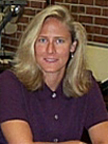

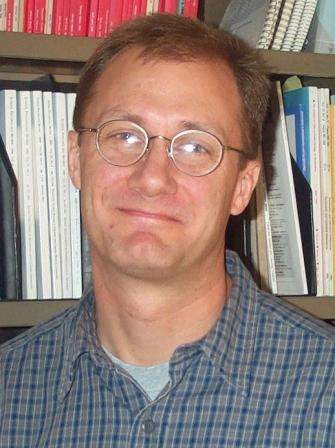
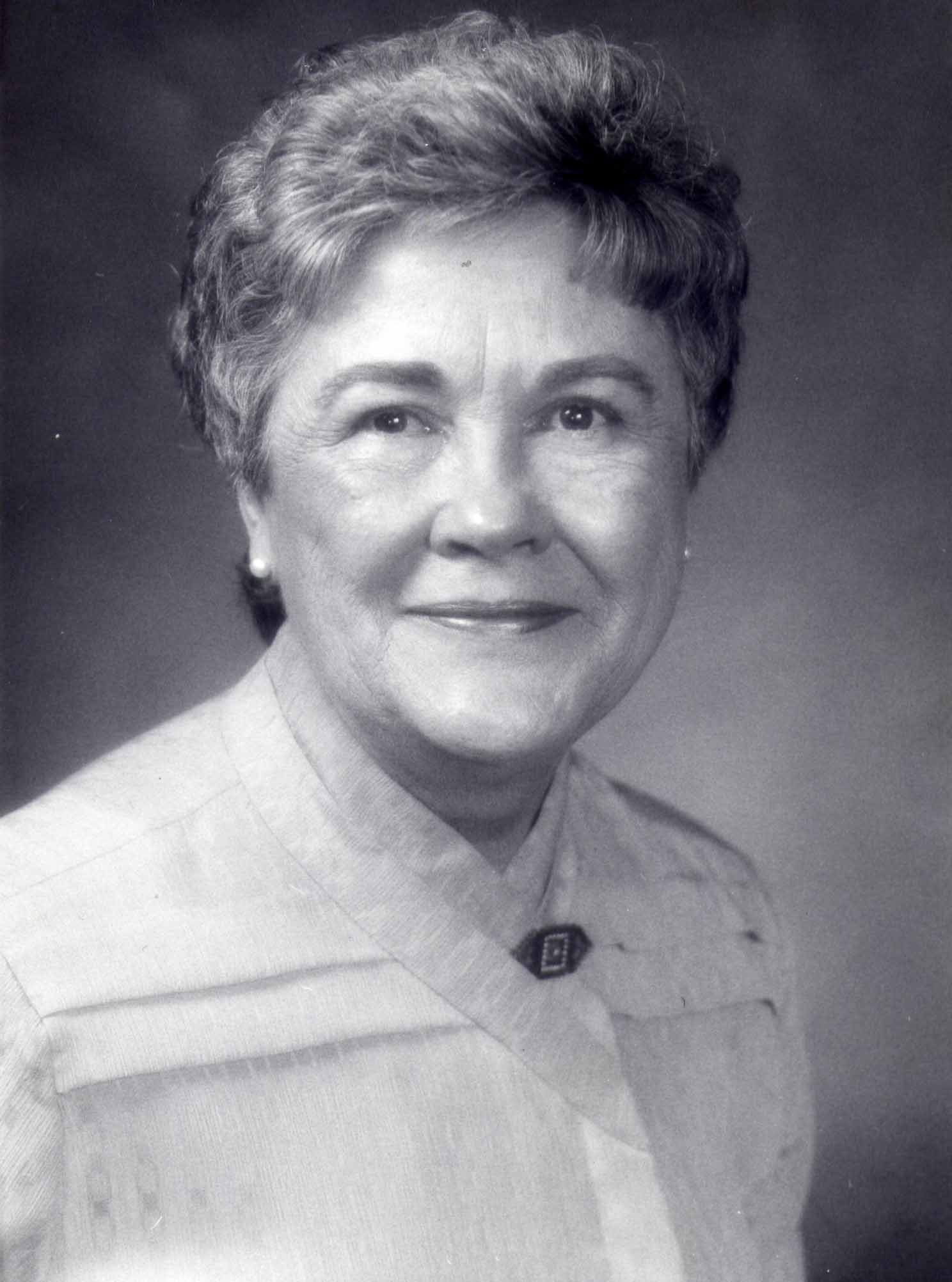
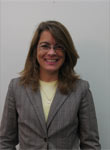
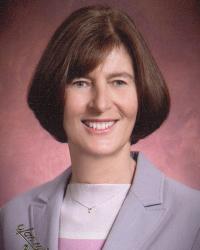
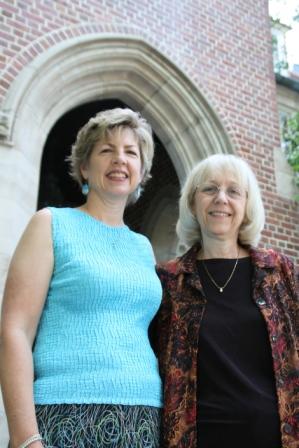
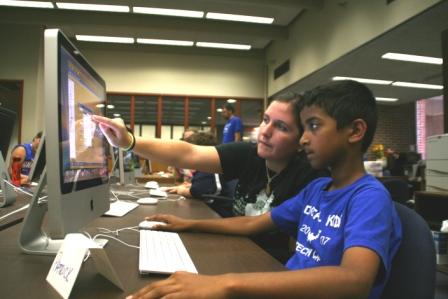
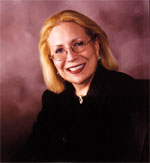
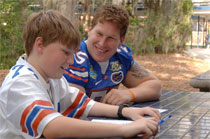

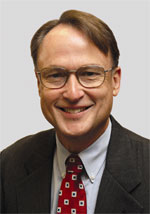


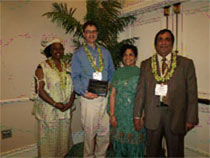
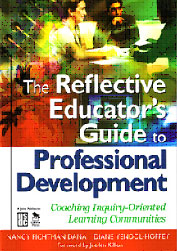
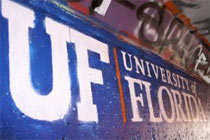
 Writing contest winner Lacy Redd (left), a UF doctoral student, is shown with visitors in a classroom at Newberry (Fla.) Elementary School, where she serves as principal.
Writing contest winner Lacy Redd (left), a UF doctoral student, is shown with visitors in a classroom at Newberry (Fla.) Elementary School, where she serves as principal.